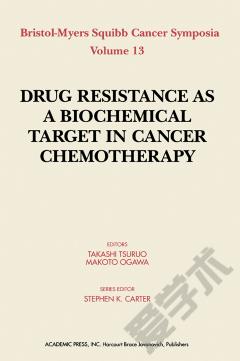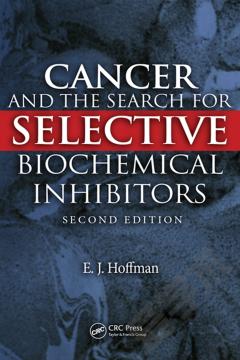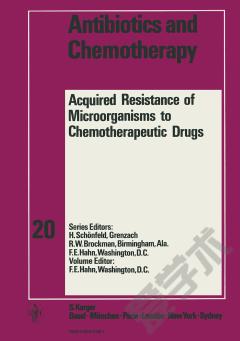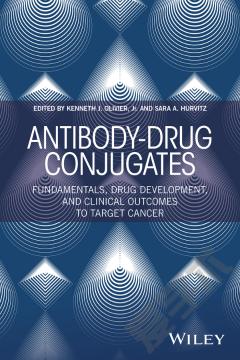Drug Resistance As a Biochemical Target in Cancer Chemotherapy
Drug Resistance as a Biochemical Target in Cancer Chemotherapy covers the proceedings of the 13th Bristol-Myers Squibb Symposium on Cancer Research, entitled ""Drug Resistance as a Biochemical Target in Cancer Chemotherapy"", hosted by the Japanese Foundation for Cancer Research in Tokyo. This book is divided into four parts encompassing 18 chapters that summarize the results of both preclinical and clinical research on circumvention of drug resistance. The first two parts discuss the genetic aspects of multidrug resistance and the proteins involved in drug resistance. These parts also examine the structure, function, and expression of P-glycoproteins, with an emphasis on the role of these proteins as targets for cancer chemotherapy. The third part describes the methods for detection of P-glycoprotein and its antagonists to counter clinical drug resistance. This topic is followed by a discussion on the interactions among steroid hormones, steroid hormone receptors, antiandrogens, biological-response modifiers, and cytotoxic drugs in human breast cancer. The concluding part explores the clinical applications of chemosensitizers in cancer therapy. This part also considers the alternative clinical approaches against drug failure, including non-crosss-resistant therapies, autologous bone marrow transplantation, dose-intensive therapy, and high-dose chemotherapy. Biomedical scientists and researchers and clinicians will find this book invaluable.
{{comment.content}}








 京公网安备 11010802027623号
京公网安备 11010802027623号